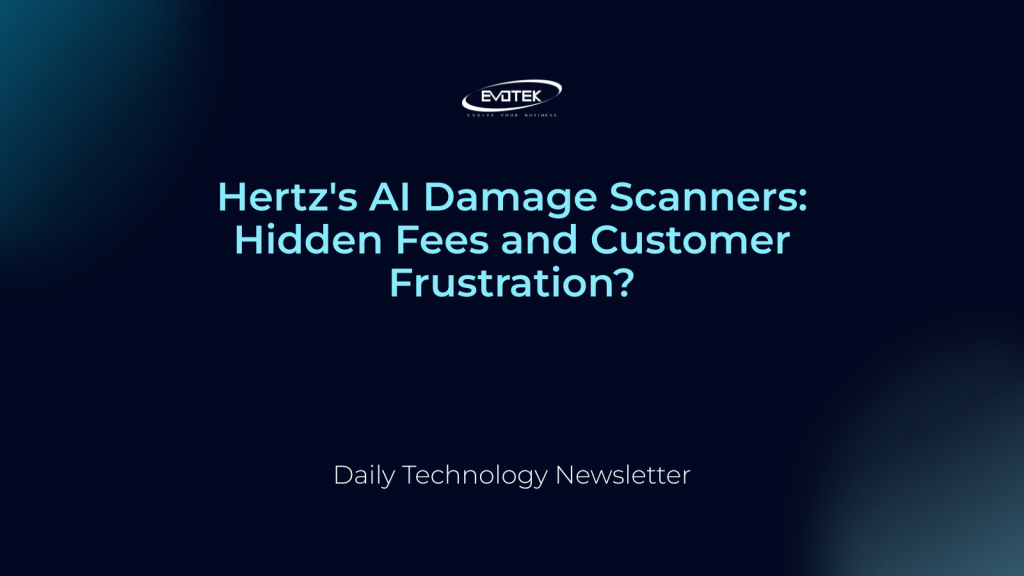Hertz is rolling out AI-powered scanners at U.S. airports to automatically detect damage on rental cars. But is this technology truly transparent, or is it leading to unexpected charges and customer frustration?
One Thrifty customer, Patrick, rented a Volkswagen at Atlanta’s Hartsfield-Jackson International Airport, one of the first locations with the new AI scanners. Upon returning the vehicle, the system flagged a minor, one-inch scuff on the rear wheel.
The $440 Scuff: A Breakdown of the Charges
Patrick was promptly presented with a bill totaling $440, comprising:
- $250 for the repair itself
- $125 “processing fee” for damage detection and estimation
- $65 “administrative fee” for processing the claim
While the repair fee was understandable, the other charges raised questions. Hertz defines the processing fee as covering “the cost to detect and estimate the damage that occurred during your rental,” while the admin fee “covers a portion of the costs [Hertz incurs] as a result of processing your claim.”
Hertz partners with UVeye, an Israeli company specializing in AI-driven vehicle inspections, for this technology. The system provides customers with images of the damage and a pre-rental comparison. However, Patrick’s experience highlights potential issues.
Discount for Quick Payment? A Pressure Tactic?
Hertz offered a $52 discount for payment within two days, or $32.50 within a week. This created a sense of urgency, pressuring Patrick to pay quickly without fully understanding the charges.
Patrick’s attempt to dispute the charges was met with a chatbot system that lacked human interaction. While the system could flag the claim for review, contacting a live agent proved difficult, potentially delaying resolution beyond the discount period.
Hertz’s Response: Transparency and Speed
The Drive contacted Hertz for comment. A representative stated that their goal is to enhance the rental experience with “greater transparency, precision, and speed.” They emphasized that digital vehicle inspections provide “clear, detailed documentation” and a “more technology-enabled resolution process.”
However, Hertz did not clarify whether rental fees are higher at locations using UVeye scanners, despite the additional “processing fee” for damage detection.
Transparency vs. Opacity: The Customer Perspective
While the AI scanners offer quick damage detection, the system’s lack of immediate human support and the pressure to pay quickly can create a frustrating experience for renters. Without clear pricing for damage estimates and easy access to human agents, the system arguably introduces opacity rather than transparency.
Hertz plans to implement these scanners at 100 U.S. airport locations by the end of the year. It remains to be seen whether they will address the current shortcomings and ensure a fairer, more transparent experience for their customers.
Have you had a similar experience with AI damage scanners on rental cars? Share your story in the comments below!

 日本語
日本語 한국어
한국어 Tiếng Việt
Tiếng Việt 简体中文
简体中文